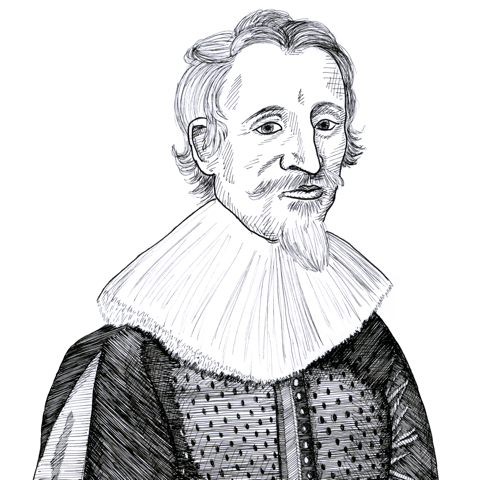
Hugo Grotius on civil right being derived from civil power
Found in: The Rights of War and Peace (1901 ed.)
Hugo Grotius (1583-1645) was a Dutch scholar and jurist whose legal masterpiece, De Jure Belli ac Pacis (On the law of war and peace) (1625), contributed significantly to our understanding of natural law, rights, and to the formation of international law as a distinct discipline.
War & Peace
“We will begin with the human as more generally known. Now this is either a civil right, or a right more or less extensive than the civil right. The civil right is that which is derived from the civil power. The civil power is the sovereign power of the state. A state is a perfect body of free men, united together in order to enjoy common rights and advantages. The less extensive right, and not derived from the civil power itself, although subject to it, is various, comprehending the authority of parents over children, masters over servants, and the like. But the law of nations is a more extensive right, deriving its authority from the consent of all, or at least of many nations.”